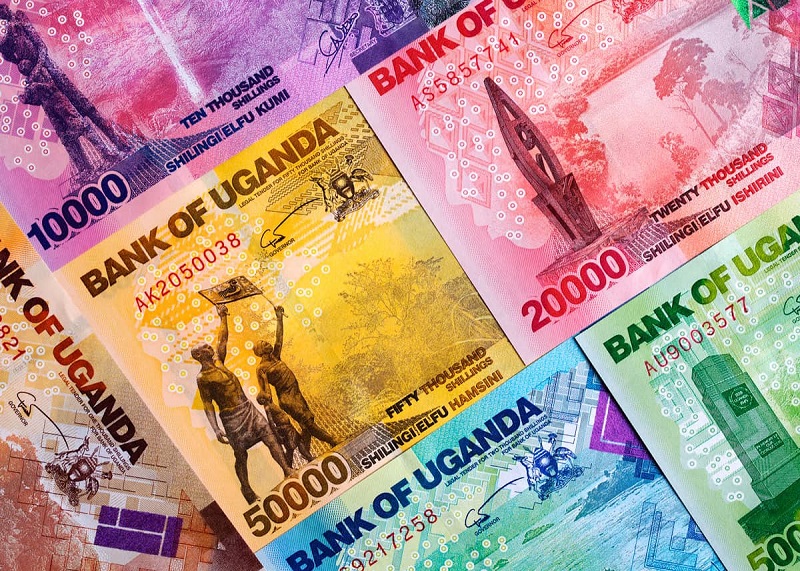The civil society under the umbrella, the Tax Justice Alliance has joined the fight against the proposed taxation of cash withdrawals from banks, calling for wider consultations and study of the environment before taking decision.
Last week, a statement leaked to the public indicated that the Ministry of Finance, Planning and Economic Development was planning to introduce a 0.5% tax on the cash being withdrawn by a client, either at the counter or from an Automated Teller Machine, ATM.
The statement signed by the Acting Secretary to the Treasury Patrick Ochailap, and addressed to the Bank of Uganda governor for his view, said that the tax would also encourage Ugandan to use electronic platform to transact, and boost Uganda’s transition to a cashless economy.
The plan has already been criticized by the banking industry which says there will be too many taxes because the customers’ money is taxed before it reached the bank, yet the banks are also taxed on the costs of running the accounts including withdrawals.
Banks pay excise duty of up to 15% on the cost levied on the cash withdrawal they say that this is largely transferred to the customers.
In 2018 the government introduced a 0.5% charge on the withdrawal of cash from a mobile money agent, and this has had a drastic effect on the usage of the platforms, with more people opting to transfer cash physically, other than through mobile money companies.
Now, the Tax Justice Alliance says the move, if implemented, will further discourage people from using the formal financial services as the cost of accessing them increases.
The Executive Director of the regional trade and tax rights group, SEATINI, Jane Nalunga says the move will instead affect the progress of the financial sector.
The organisations also are wondering why the government is not focusing on ways of taxing digital or electronic commerce platforms which they say, are reaping a lot in profits from Uganda and other poor countries, and instead paying taxes to their home governments.
There are global initiatives to help developing countries benefit in form of tax revenues from the multinational that avoid paying taxes in countries where they operate from. But this is yet to bear fruit.
Some countries like Uganda prefer to offer tax incentives to multinationals instead, to invest in them.
Joseph Olweny, Oxfam’s Coordinator, Finance for Development Programme says it is unfair that up to now government can leave multinationals, like oil companies, to make profits in the country but take out dividends to their shareholders in countries where they are domiciled like the Netherlands, without the dividends being taxed.
The plan comes at the time that the government is due to implement the Third National Development Plan, which provides for more economic equality.
However, the planned tax, which is a flat rate will see the lower income earners lose more on their earnings than their richer counterparts.
Civil Society Advocacy Group’s Budget Policy Specialist Sophie Nampewo Njuba, expressed worry that the banking industry, which only has about 2 million savers, will suffer the impact of this tax if implemented, with people avoiding the expensive services.
She says there is need to study the impact, if any, of the mobile money tax introduced two years ago, among other things which would inform a dialogue on the proposal, before it is implemented.
The plan also targets withdrawal of cash from bank agencies. Since the agency banking platform was introduced two years ago, more than 10,000 agencies have been established countrywide, easing access to banking services especially for rural communities.
This has also made it easier and cheaper for remittances from one place to another, or even from abroad to people in rural villages.
Food Rights Alliance Executive Director, Agnes Kirabo says cash transactions are still more convenient for rural areas, but efforts should be focused on encouraging them to bank cash. She says this would boost the growth and transformation of the agriculture sector, with smallholder farmers joining the formal financial economy.
The Federation of Small and Medium Enterprises, FSME, called on the government to go slow on the cashless economy, saying some countries like Greece, India and Pakistan have previously suffered cash crises because of similar moves.
FSME Executive Director, John Kakungulu Walugembe says Ugandans have not yet reached a digital literacy level where they can enjoy the benefits of a digital economy, which comes with job losses.
Civil Society Tells Gov’t to Shelf Plans to Tax Cash Withdrawals

Board members of BOU are paid a monthly retainer of UGX 5 million


